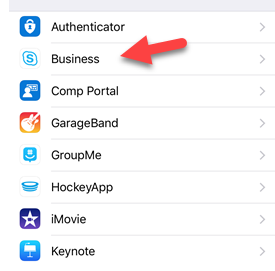
Opinion: Take career risks while you can
In the 1980’s and 1990’s, part of my time was spent as a lecturer and tech services manager at a university. I particularly loved working with final year students and their project work. At our regular meetings though, I also often got into discussion with the students about their career plans, as they were about to graduate. What amazed me was how many super-bright students were looking to take incredibly boring jobs working on ancient technologies, in what were basically programmer graveyards, and when I asked them why they were intending to go there, invariably they’d tell me that they thought those jobs would be long term and low risk.
2018-08-28









